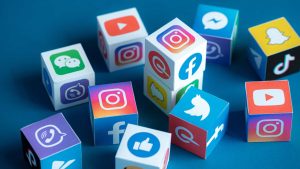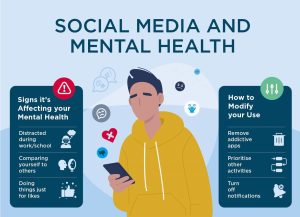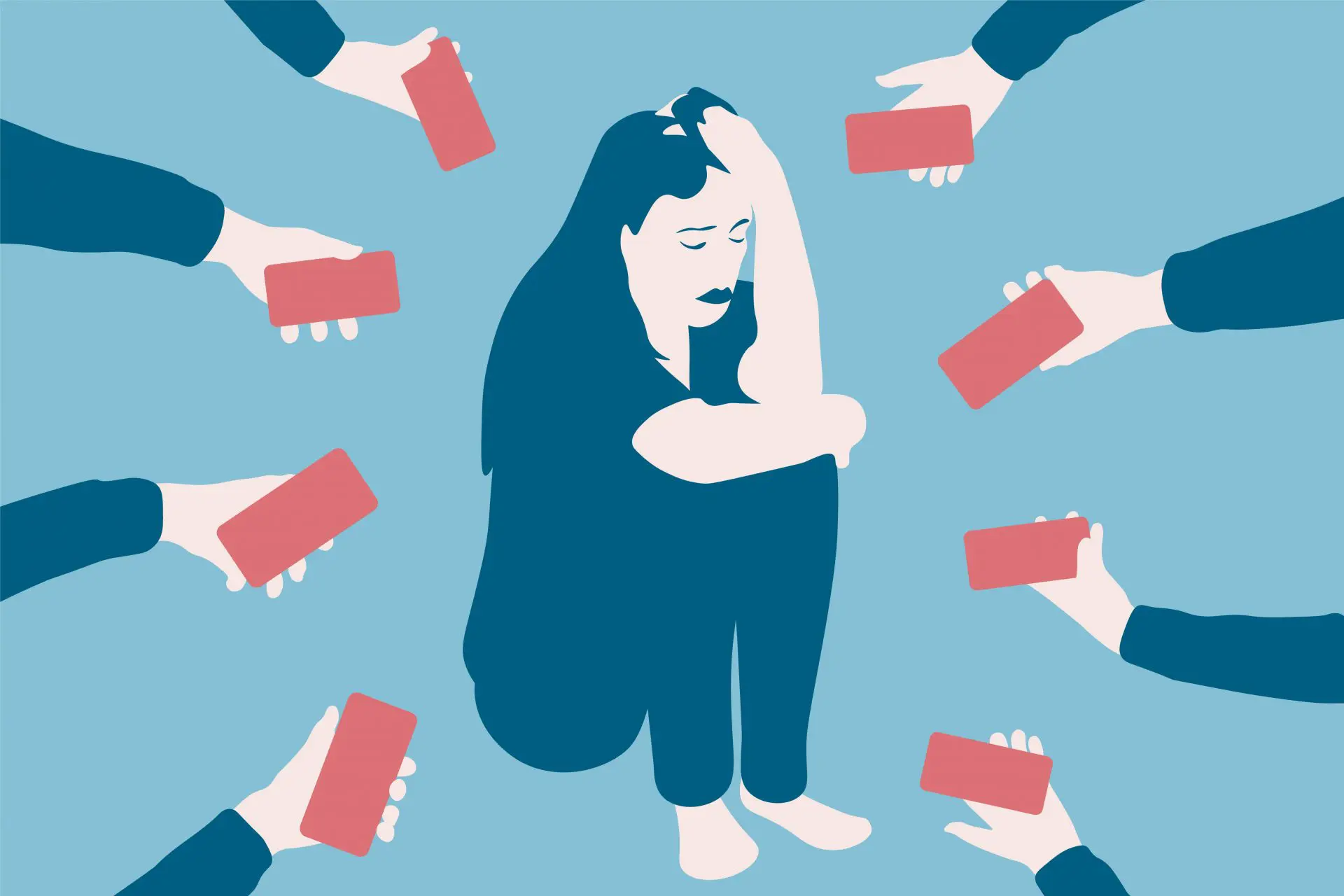Introduction
Social media has revolutionized the way we communicate, connect, and share information. However, recent studies have raised concerns about its potential impact on mental health and well-being. This article aims to delve into the findings of various studies exploring the relationship between social media usage and its effects on mental health, examining both the positive and negative dimensions.
The Positive Side of social media
Social Support and Connection
One of the significant advantages of social media is its ability to facilitate connections. Studies have shown that individuals use platforms like Facebook, Twitter, and Instagram to foster social support networks, leading to increased feelings of belongingness and connectedness.
Information Dissemination and Awareness
Social media platforms serve as hubs for sharing information and raising awareness about mental health issues. Campaigns and initiatives have been successful in reducing stigma and increasing access to resources for those seeking help.

The Dark Side of social media
Comparison and Self-Esteem
Frequent use of social media has been associated with increased comparison and negative self-perception. The culture of portraying idealized versions of life can lead to feelings of inadequacy and low self-esteem, especially among younger users.
Cyberbullying and Harassment
Another alarming aspect is the prevalence of cyberbullying and online harassment. Research indicates that individuals, especially adolescents, facing such negative experiences online are at a higher risk of developing mental health issues like anxiety and depression.

Impact on Mental Health
Depression and Anxiety
Several studies have found a correlation between heavy social media use and higher rates of depression and anxiety. Excessive exposure to curated, often unrealistic, content can contribute to feelings of isolation and a fear of missing out (FOMO), exacerbating mental health conditions.
Sleep Disruption
The constant accessibility to social media through smartphones has led to disrupted sleep patterns, impacting mental well-being. The blue light emitted by screens and the compulsion to check notifications before bedtime have been linked to poor sleep quality and insomnia.

Moderating Social Media Use
Mindful Engagement
Encouraging mindful and intentional use of social media can mitigate its negative effects. Setting boundaries, such as designated screen-free hours, helps individuals maintain a healthier relationship with these platforms.
Digital Detox and Self-Care
Periodic breaks from social media, known as digital, detoxes, allow individuals to recalibrate their mental well-being. Engaging in hobbies, physical activities, or mindfulness practices fosters a more balanced lifestyle.

Conclusion
While social media undeniably offers a multitude of benefits in connecting people and disseminating information, its impact on mental health requires careful consideration. Awareness of the potential negative effects is crucial, prompting the need for responsible usage and interventions to support individuals in navigating these digital spaces without compromising their mental well-being. The relationship between social media and mental health is intricate, and ongoing research will continue to shape our understanding. By fostering a balanced approach and implementing strategies for mindful engagement, individuals can harness the positives of social media while safeguarding their mental health.




